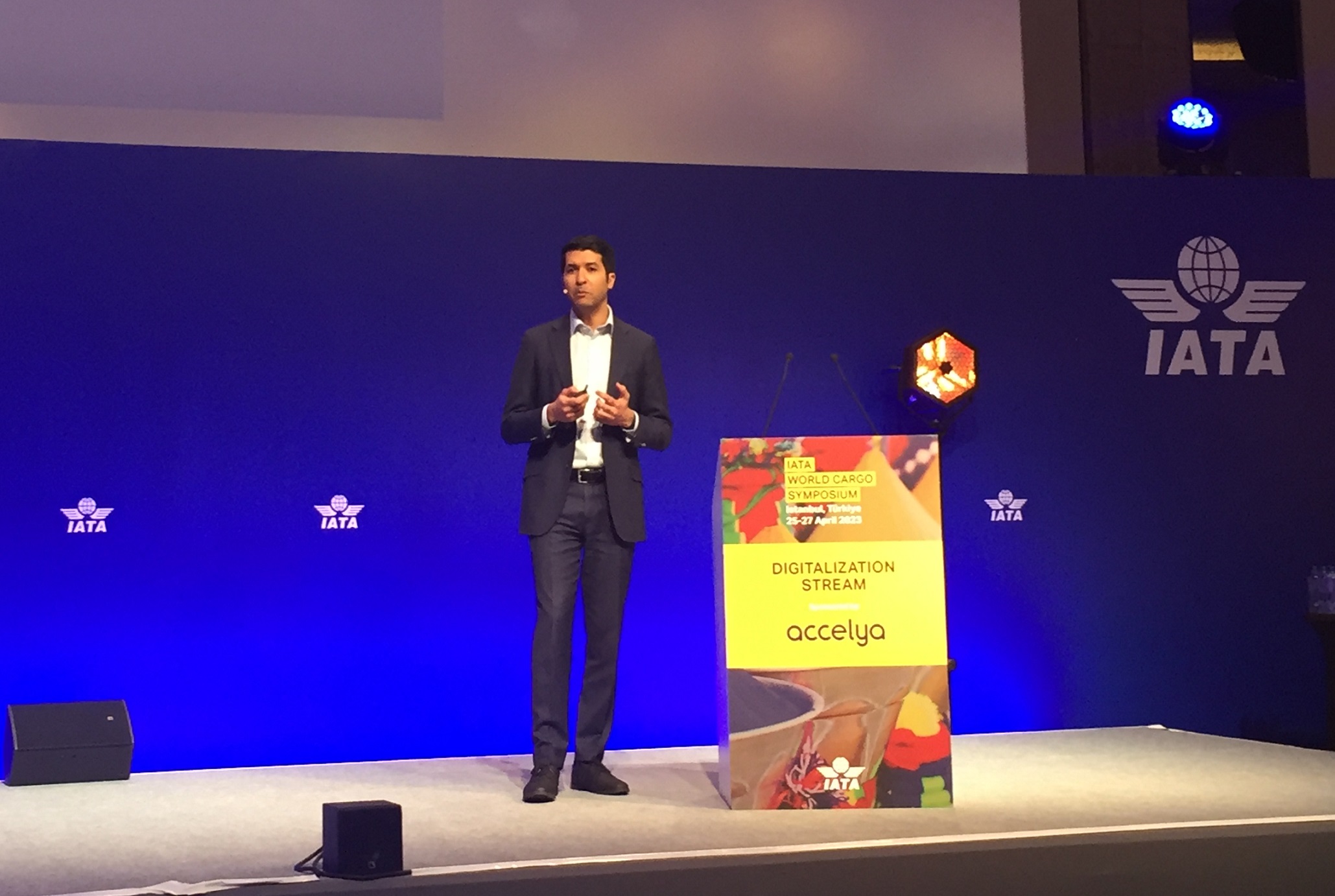AI and machine learning to enhance air cargo
26 / 04 / 2023

Source: Air Cargo News
Artificial intelligence (AI) and machine learning are set to enhance the air cargo value chain.
Speaking at the IATA World Cargo Symposium, McKinsey & Company manager Soufiane Daher said that artificial intelligence (AI) and machine learning had a key role to play in the future of the air cargo sector.
Giving examples, he said that as chatbots become more advanced they can suggest alternative options to customer requests that are tailored to them based on past information. This could help boost revenues, he explained.
AI and machine learning can also be used to respond in real time to supply chain issues in order to keep disruption to a minimum.
They will also be used to create efficiencies and reduce errors by auto filling much of the documentation that goes along with airfreight.
Capacity and revenue management are other areas where there are a number of opportunities for improvement, he said.
Daher gave the example of an airline that had utilised machine learning to more accurately predict no shows and underweight cargo.
“Machine learning is a really powerful tool to make sense of data sets that you cannot do with the naked eye,” he said.
“With machine learning the airline was able to uncover patterns ahead of time so they were able to overbook and improve on the effective capacity they were able to use for the flight.
“This led to a significant improvement in load factor which directly affects the bottom line.”
The carrier reported an 8% improvement in its cargo load factor as a result of utilising machine learning, he said.
In another example, a carrier was able to utilise machine learning to improve its demand forecasting.
In this case the carrier was immediately able to improve its forecasting error rate from 20% to 14%. This improvement accelerated over time as more data was fed into the system.
“Machine learning is able to make sense of data patterns and uncover a very niche pattern,” he said.
“For example, if there has been a spike in raw material or semi-finished goods, this means that further down the line there will be an increase in demand for transport.”
To conclude, Daher said that innovation was not a choice: “There are increasing requirements to drive efficiency, transparency and minimise friction. We have to embrace it.”
“But innovation is not easy. It takes discipline, it takes a different culture and an open approach to risk.
“It is relatively easy to come up with ideas but then how do you follow through? At lot of success comes from the discipline and the organisation to act on these ideas and make them succeed over time.”














